
A meta-analysis sought to determine which oral painkillers were most effective after a c-section, but the findings were disappointing.

A meta-analysis sought to determine which oral painkillers were most effective after a c-section, but the findings were disappointing.

Cell-free fetal DNA screening tests for trisomy 21 are more accurate than standard screening with nuchal translucency even in low-risk women.

Unsuccessful fertility treatment takes a toll on both partners, and knowing their mental health history can help predict depression risk.

A new adjustable single-incision bladder sling placed via the transobturator route for women with stress urinary incontinence shows promise.
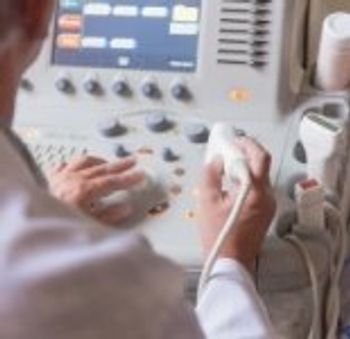
OB/GYNs should begin with ultrasound to examine women presenting with pelvic symptoms, urges a physician group.

Use of a certain form of bupivacaine for pain control after gynecological surgery reduced the amount of opioids needed and may reduce recovery time.
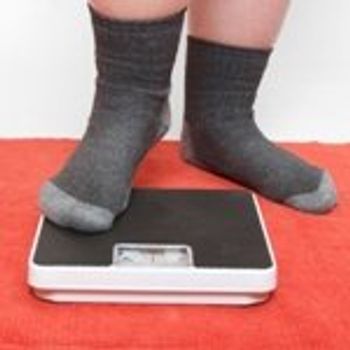
New research shows certain women are 43 times more likely to develop type 2 diabetes mellitus after childbirth.
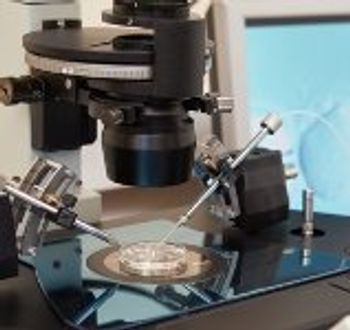
Assisted reproductive technology is often thought to account for the risk of low birth weight and preterm birth, but new research finds another factor plays a role.
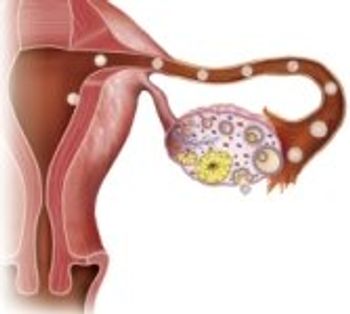
The GnRH agonist goserelin, when given during chemotherapy, may protect against ovarian failure and early menopause in women with breast cancer.
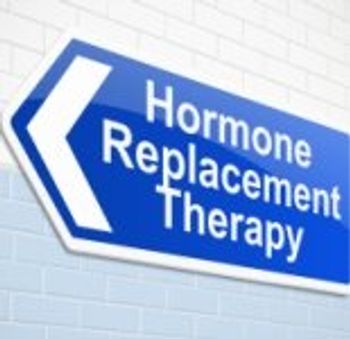
Hormone replacement therapy won't protect postmenopausal women against stroke or heart disease, but don't discount it for symptoms of menopause just yet.

There isn't enough evidence to recommend chewing gum after a c-section or other surgery to improve GI function, but the practice won't hurt.

Clinicians conducting breast examinations who don’t apply enough force during palpation risk missing deeper lesions.

Research in Denmark showed that elective inductions beginning at 37 weeks' gestation were associated with improved outcomes in babies.

A peer support telephone program manned by volunteers and run by nurses showed promise in reducing symptoms of postpartum depression.

Women taking compounded bioidentical hormones for symptoms of menopause don't know as much as they should about the therapy.

New research shows hot flashes last longer than once thought, and when they begin can indicate how long hot flashes will linger.
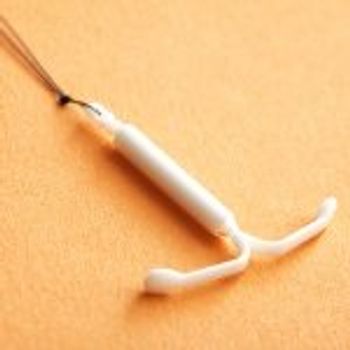
Hormonal intrauterine devices (IUDs) and implants effectively prevent pregnancy at least 1 year beyond their approved duration of use.
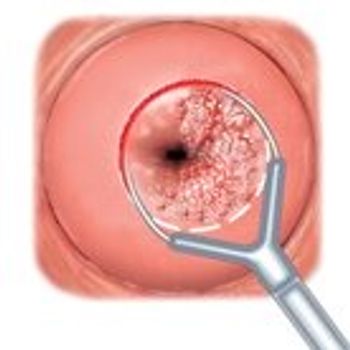
Treatments to remove precancerous cervical lesions don't seem to affect a woman's ability to become pregnant, new research found.

Women with higher levels of endocrine-disrupting chemicals from both environmental and household exposure have an earlier onset of menopause.

Women with polycystic ovary syndrome (PCOS) are at increased risk for metabolic and heart diseases and nearly twice as likely to be hospitalized.
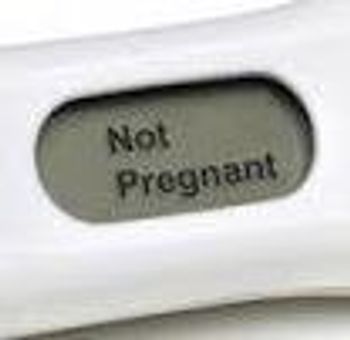
Consider thyroid disorders, such as hyperthyroidism, when evaluating women with fertility problems and recurrent early pregnancy loss.
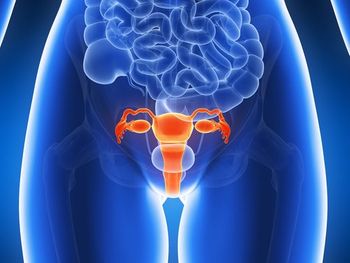
Nearly 1 in 5 hysterectomies for benign indications were unnecessary, and nearly 2 in 5 had unsupportive pathology in women younger than 40.

Nonmedical factors seem to be driving the use of episiotomies, and there remains a wide variation in episiotomy rates in hospitals nationwide.
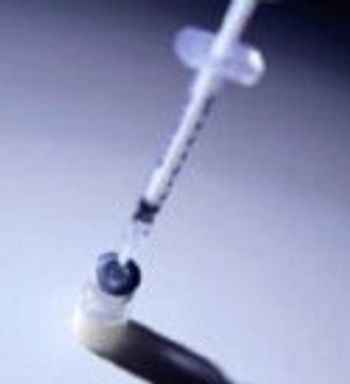
A meta-analysis shows use of hormonal contraception, compared with nonhormonal or no contraception, ups the risk of HIV infection in sub-Saharan Africa.

New research sheds light on how pregnancy can affect women with a mobility disability, such as a spinal cord injury or cerebral palsy.

A new recommendation for home birth or delivery at a birth center for certain women with uncomplicated pregnancies in the United Kingdom has been issued.

Pink or blue? New research shows that low gestational weight gain early in the pregnancy is correlated with having a baby of a certain sex.
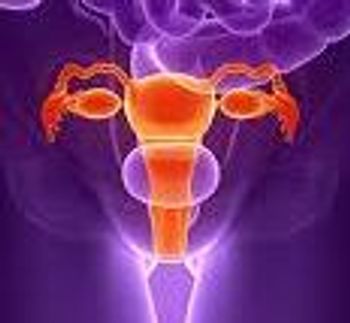
Removal of the ovaries and fallopian tubes at the time of a hysterectomy doesn't increase the risk of pelvic organ prolapse, new research finds.

As obstetric units close and consolidate around the country, ways to improve interhospital communication and to assess patient outcomes are needed.
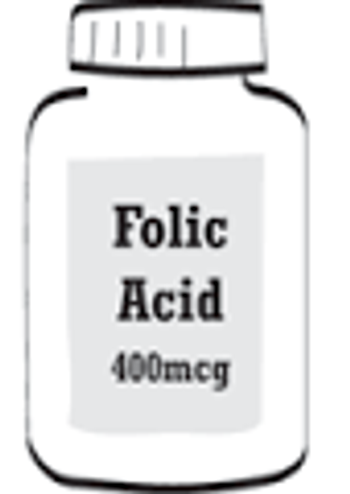
Be a broken record about the importance of folic acid supplementation. New research finds it is associated with fetal growth benefits.

Published: August 30th 2013 | Updated:

Published: November 6th 2013 | Updated:

Published: November 8th 2013 | Updated:

Published: November 15th 2013 | Updated:

Published: November 18th 2013 | Updated:

Published: December 6th 2013 | Updated: